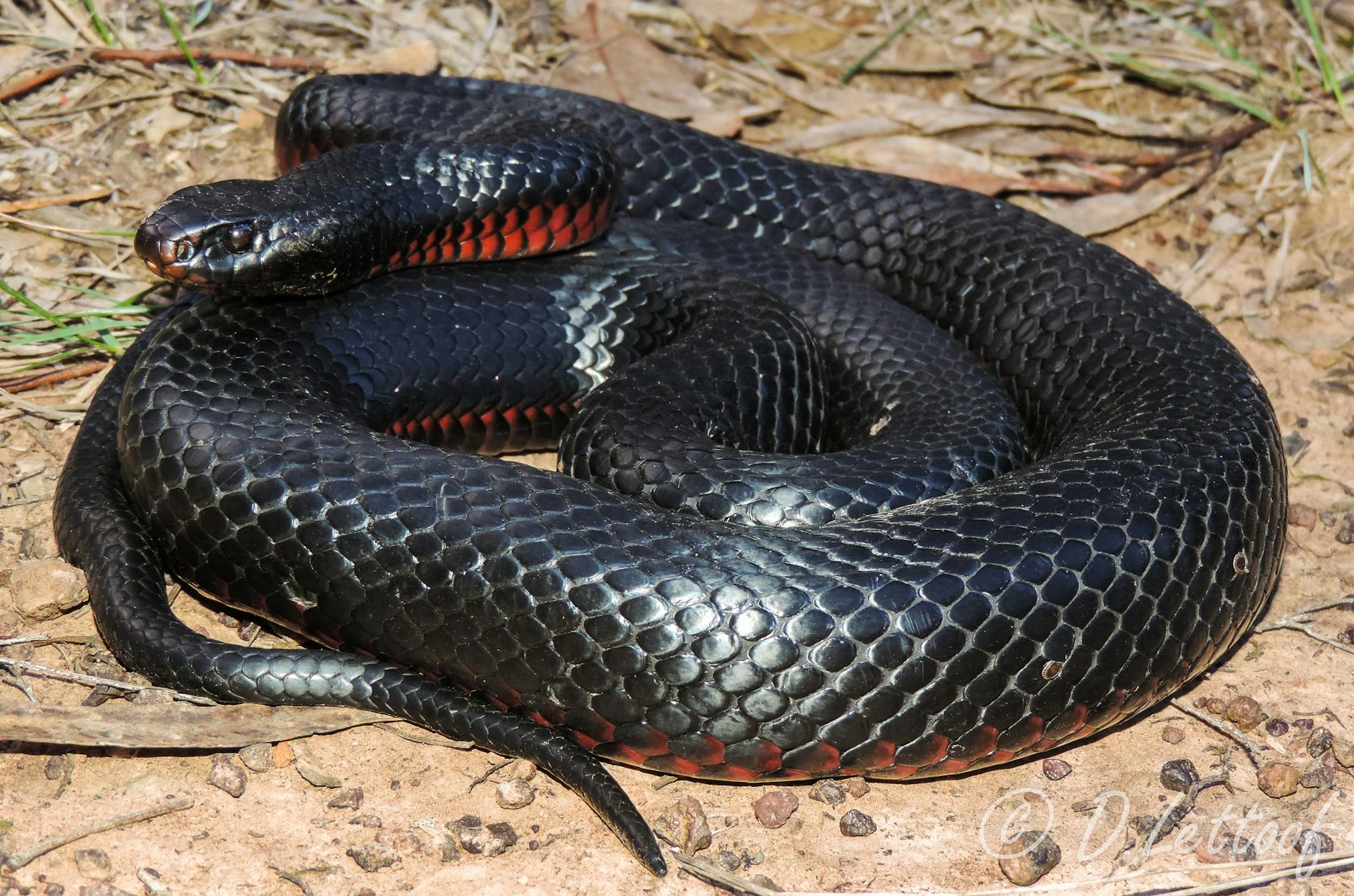Introduction
Tiger snakes (Notechis scutatus) are amongst one of the most remarkable yet feared reptiles found in Australia. With their striking look and powerful venom, these serpents evoke a blend of admiration and caution. Observing tiger snakes in their native environment can be an exhilarating experience for nature fanatics, wild animals photographers, and scientists alike. Nevertheless, it's important to approach this venture with regard for the pet's environment and an understanding of safety measures to stop serpent bites.
In this thorough guide, we'll discover how to securely observe tiger serpents in their natural habitat. We will certainly cover topics varying from comprehending their habits and environments to emergency treatment for serpent attacks-- outfitting you with understanding to improve your experience while minimizing risks.
What is a Tiger Snake?
Tiger Venom toxicity Australian snakes serpents are highly poisonous snakes belonging to Australia, specifically Tasmania and seaside regions. They are known for their unique grouped pigmentation appearing like a tiger's stripes, which can range from yellowish-brown to dark brownish or even black.

Physical Characteristics
Tiger serpents are medium to large-sized serpents that can grow up to 2 meters long. Their bodies are robust, and they have a wide head that is definitely wider than their necks.

Habitat Preferences of Tiger Snakes
These reptiles generally live in marshes, estuaries, and coastal regions however can additionally be found near freshwater resources like rivers and lakes. Comprehending where these serpents live is crucial for any person looking to observe them safely.
Understanding Tiger Snake Behavior
Are Tiger Snakes Venomous?
Yes, tiger snakes are among the most venomous snake varieties around the world. Their poison includes neurotoxins that can lead to severe clinical difficulties if bitten.
Behavioral Traits
Tiger snakes are generally reluctant animals; they choose to avoid human communication. Nonetheless, they can end up being aggressive if endangered or collared.
Where Can You Discover Tiger Snakes?
Tiger Serpent Habitat Exploration
To securely observe tiger snakes in their natural habitat, it's essential first to identify where they grow. They tend to favor:
- Coastal marshlands Mangroves Swamps Riverbanks
Best Areas for Observation
Some suggested locations include:
- Tasmanian wetlands The coasts of southern Australia National parks with water bodies
Safety Precautions Before Observing Tiger Snakes
Understanding the Dangers of a Tiger Serpent Bite
Although experiences with tiger snakes can be thrilling, being aware of the dangers entailed is paramount:
Recognize signs of a serpent bite: swelling at the site, pain radiating from the bite area. Know emergency contacts: Familiarize yourself with neighborhood emergency services. Carry a first-aid package especially geared up for serpent bites.First Help for Snake Bites: What You Required to Know
Knowing what actions to take if bitten could save your life or another person's:
- Stay calm; motion increases venom spread. Call for medical help immediately. Do not use ice or effort suctioning.
How to Safely Observe Tiger Snakes in Their All-natural Habitat
When you determine to observe tiger serpents in the wild:

Equipment Needed for Observation
Essential Gear Checklist
- Binoculars First-aid kit especially designed for serpent bites Field manual on Australian reptiles Camera (with zoom capability)
Snake Bite First Aid Set Essentials
A fully equipped first aid set ought to consist of:|Thing|Objective|| -------------------------------|-------------------------------|| Compression bandage|To immobilize the damaged location|| Antihistamines|For allergic reactions|| Emergency situation get in touch with numbers|Quick access throughout emergencies|
Interpreting Tiger Snake Signals
Understanding just how tiger snakes interact via body language helps observers evaluate when it's secure or harmful:
Common Behaviors
Defensive position: If coiled or elevated off the ground. Retreating behavior: When they gradually back away from prospective threats.Dealing With Prospective Encounters
Even with preventative measures taken, an encounter may still happen during your monitoring trip:
Remain tranquility; worrying just heightens risks. Slowly back away without turning your back on the snake. Make your visibility understood vocally yet avoid unexpected movements.
Frequently Asked Inquiries About Tiger Snakes
1. What should I do if I see a tiger snake?
Remain calmness; observe from a distance without disturbing it.
2. Are baby tiger snakes dangerous?
Yes, adolescent tiger snakes are birthed venomous and might present threats comparable to grownups regardless of being smaller.
3. Just how typical are tiger snake bites?
While tiger snake bite incidents happen annually in Australia, deaths are uncommon due to timely treatment availability.
4. Can I keep a tiger snake as a pet?
Keeping wild tiger snakes as animals is unlawful in several regions due to conservation laws.
5. What does a tiger serpent attack look like?
Bite marks typically reveal two puncture injuries together with local swelling and discoloration.
6. How efficient is antivenom?
Antivenom therapy is highly effective when provided timely after a bite.
Conclusion
Observing tiger snakes in their natural environment provides an exhilarating possibility for wild animals fans but need to be come close to with caution and respect for both the creature and its atmosphere. By equipping on your own with expertise concerning these fascinating reptiles-- consisting of recognizing their habits and safety measures-- you can appreciate remarkable experiences while substantially reducing risks related to encounters.
In recap, constantly prioritize safety and security by preparing properly prior to starting any type of wild animals monitoring expedition-- particularly when dealing with http://elliotxefn711.cavandoragh.org/avoiding-snake-bites-in-australia-tips-for-safe-outdoor-activities a few of nature's most poisonous creatures like the tiger snake!